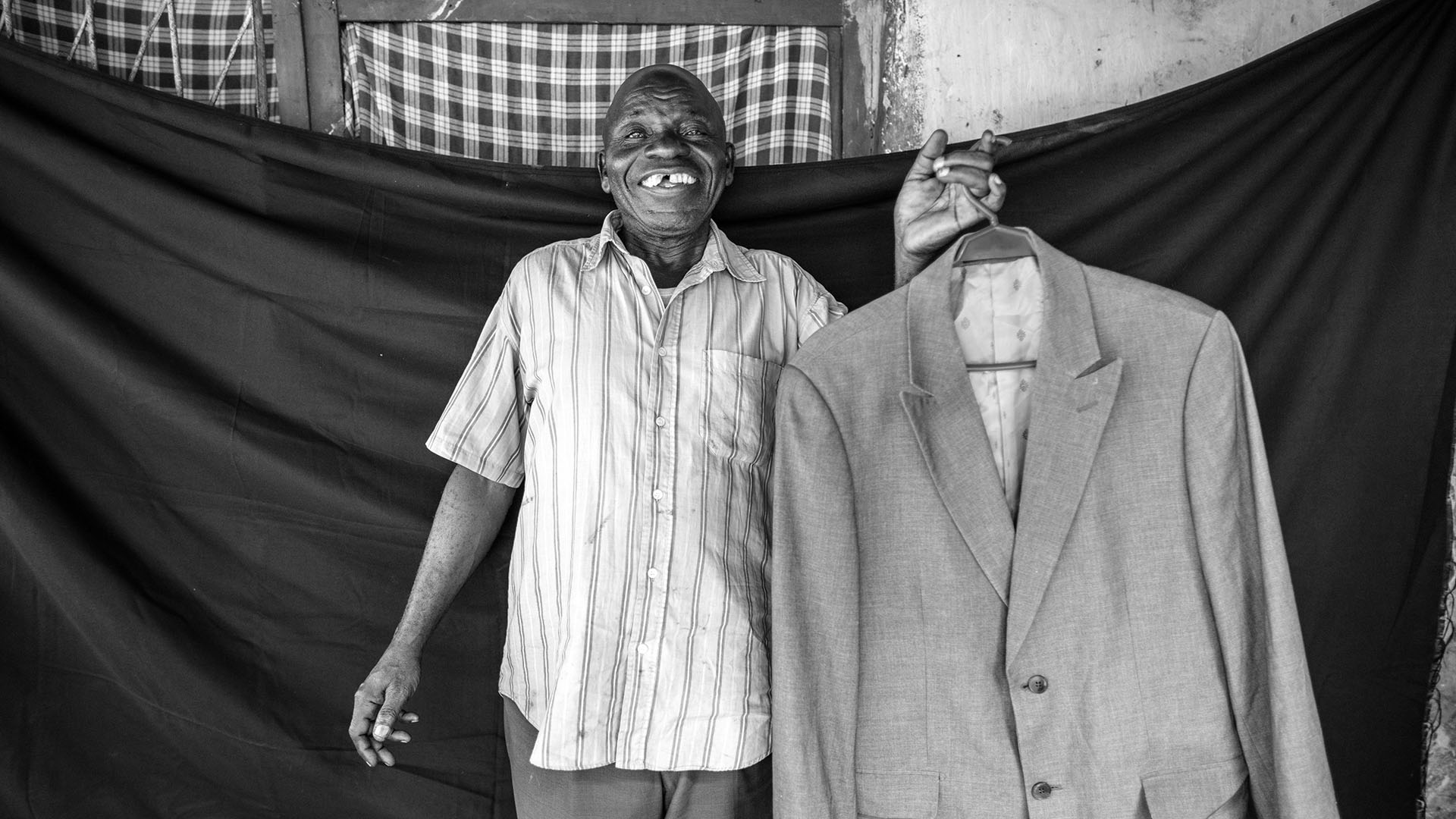Lubbers to meet with Afghan President on returns from Iran and Pakistan
Lubbers to meet with Afghan President on returns from Iran and Pakistan

KABUL, April 16 (UNHCR) - High Commissioner Ruud Lubbers will meet with President Hamid Karzai and other senior Afghan officials on a continuing repatriation programme that is expected to bring home close to a million Afghan refugees from Iran and Pakistan this year.
The meetings on Saturday and Sunday with Karzai and the ministers of finance, foreign affairs, interior, refugees and repatriation and rural reconstruction and development are the high points of the High Commissioner's current tour of the region.
In the second stop of his nine-day, three-nation trip, he will also hold discussions with the commander of the international peace-keeping force in Kabul, various ambassadors and the special representative of the UN Secretary-General and other UN colleagues, as well as NGOs.
Lubbers arrived in Kabul on Thursday. On Sunday, he departs for Pakistan, on the final leg of his mission - the sixth he has made to the region since he took office in 2001, that underscores the importance he attaches to one of the world's largest refugee groups.
On Friday, the High Commissioner visited Istalif, a former royal retreat that the former Taliban regime turned into rubble in the heart of the Shomali Plain 40 km north of Kabul. He was warmly welcomed by the district commissioner and was told about massive returns to the area where the refugee agency has a number of projects. They include road rehabilitation and a shelter programme for 300 families. Lubbers later left for Bagaram district where he met with a group of community elders and visited a canal cleaned last year. Lubbers told the district commissioner it was very important for Afghanistan to have its people back because "Afghans are very productive and motivated people, and Afghanistan should be built by Afghans for Afghans."
During his talks this weekend, Lubbers is expected to touch on a number of key issues, including the importance of all parties continuing to focus sufficient attention on the ongoing large-scale repatriation operation, notwithstanding all the competing priorities. It is a measure of the colossal scale of the repatriation to Afghanistan that in a year when some 800,000 to 1 million people are expected to return, there is a danger that the returns are beginning to be seen as routine.
The next wave of returnees are likely to face even more difficulties reintegrating than many of the first 2.5 million who have already gone back home from the neighbouring countries since 2002. Some of the refugees remaining in Iran and Pakistan are either landless, or do not have access to their own land. Surveys have shown that many are also fearful that they may not have job opportunities or access to adequate health and education facilities.
For the current momentum of huge-scale repatriation to be maintained, security, local development initiatives, shelter programmes, mechanisms for resolving legal disputes and a whole range of other issues will have to be addressed. If they are not, there is a risk that returns will not be sustainable. Part of Lubbers' aim during the Afghanistan leg of his mission is to get this message across to the Afghan government and to its foreign supporters. The task is a big one, and cannot be carried out by UNHCR and its NGO partners alone.
Similar issues are involved when it comes to finding a solution for the internally displaced people (IDPs), another subject high on the High Commissioner's agenda. Although perhaps 80 percent of the IDPs who had been created by the time the Taliban regime fell at the end of 2001 have already gone home, around 200,000 IDPs are still concentrated in southern and western Afghanistan. For them, the solution of either security or developmental issues - or both - is also vital if they are to go back to rebuild their homes and their livelihoods.
The High Commissioner had been due to visit the sprawling Zahre Dasht camp for IDPs near Kandahar on Thursday, in order to draw attention to their still unresolved problems. However, the security situation in the end did not allow the visit to take place.








